A new year’s virus
On January 11 of this year, the Associated Press reported the first death from a novel coronavirus: a 61-year-old man in Wuhan, China. Nearly four months later, the spread of covid-19 has fundamentally altered virtually every aspect of life across the globe.
There’s no better place to look at how much this pandemic has impacted every day people than talking to people in the Las Vegas Valley. Clark County is one of the most vulnerable areas in the U.S. to a pandemic-induced recession, with its reliance on hospitality on tourism turned into a liability as travel restrictions are implemented worldwide.
These are the stories of how the coronavirus is affecting people inside and outside the halls of Southwest CTA. From mass lay-offs to total overhauls of districts’ education systems, there’s little doubt that the state of Nevada will be changed to its core as a result of this virus. How long these changes last, or how badly we’ll be hurt from them, however, remains to be seen.
Making ends meet
After Steve Sisolak announced the closure of all non-essential businesses on March 17 due to COVID-19, all Las Vegas residents are feeling the effects. While the closure was initially supposed to last 30 days, it has now been pushed back to April 30. This includes closing casinos and bars or requiring restaurants to only offer to-go and drive-thru options.
For those who work at businesses that are still open, such as fast food restaurants or grocery stores, their schedules and duties have changed. Whether they now start at an earlier time, work in a different section or wear masks every day, they are also feeling the change. For grocery store workers, like Albertson’s employee Gavin Wysocki, work has changed completely due to the pandemic.
“[I’ve] been taking lots of precautions [like] cleaning my clothes after each shift and showering, so I feel confident in my ability to stay safe,,” Wysocki said.
As he continues to work during the pandemic and interact with numerous customers, Wysocki is not only watching out for himself and his family, but the numerous customers coming in.
“I want to ensure customers’ safety and that we have been doing everything that we can to combat the virus and provide all the supplies necessary during their time of hardship,” Wysocki said.
Not only are grocery store workers stressed, but so are fast food employees. Although there are no customers sitting in the restaurant, fast food employees have been taking numerous precautions as they work the drive thru.
Raising Cane’s worker Kendall Cain usually works drive-thru, exposing herself to potential carriers. However to combat this, her work requires that employees wash their hands every 10 minutes, minimize contact with objects and wear gloves. Not only have changes occurred at work, but also in people’s attitudes.
“I feel like a lot more people are aware of what they touch and who has touched it before them,” Cain said. “Everyone seems to be more afraid of germs than they were before. I’m exposed to a lot more possible carriers of the virus, which is why I am trying to make as little contact as possible with items.”
Although Cain is working to ensure her customers receive quality service and is focusing on safety, she does hope the customers can be more understanding of the situations.
“We are just as worried as you, so please be patient as we are still adjusting to changes as well,” Cain said. “We care about your health and our own. You should all be staying home, but if you must have chicken, get ours, because we are doing everything possible to keep all of you safe.”
Although some people are still working, there are many who have been laid off or furloughed, leaving them at home following social distancing.
Douglas Martinez, the supervisor at the Excalibur Hotel and Casino valet, was laid off on March 15, after the entire Las Vegas Strip was shut down.
“Las Vegas thrives on tourism, so I fear that if the pandemic lasts too long, the hotels will need to stay closed and I will still be out of a job,” Martinez said. “It’s also hard to be unemployed because I like the people I work with. They’re the best part of my job and I don’t get to see them anymore.”
Although he has not been working, Martinez is still receiving paychecks. Excalibur agreed to continue paying all employees through April 10. However, after that all employees will need to use their vacation days to still receive a paycheck.
“I don’t usually take a vacation, so I planned to use my vacation for this, before the shutdown was announced, but I think it’s unfair,” Martinez said. “A lot of my coworkers actually take vacations late in the year, so it’s also unfair to them for taking their time away.”
Although Martinez is still receiving a paycheck, some people are no longer making money, like Maya Swift, a now past employee of Taste Tea, who was laid off March 16.
“I’m okay with not being paid considering I work for a smaller business where the owners only own one store,” Swift said. “It would be hard [for them] to still pay me while the store isn’t open.”
While currently unemployed, Swift, along with numerous other workers across the valley, are worried about their jobs.
“My fear is that I’ll [actually] be laid off and I [won’t be] able to get a new job,” Swift said. “[I also fear] having to stay in my house for a longer period of time.”
Amidst all the chaos, the only thing people can do is wait to see what is to happen, while continuing to follow social distancing.
“I hope we [can] open up when everything is safe and when the pandemic is calmer and the curve [has] flattened,” Swift said. “I just hope everything is safe before we, [along] with schools, have opened up once again.”
Riding the digital divide
On Friday, March 13, 2020, senior April Vadez walked into school preparing for a regular day. She went to her classes, saw her teachers and was able to eat lunch and laugh with her friends. She treated the day as any other day, not knowing that might be her last day of her senior year.
On Monday, March 16, 2020, Valdez woke up early and logged into her Google Classroom. She sat at her desk for hours silently completing assignments on her laptop. After finishing her work, Valdez watched Netflix accompanied by her cat.
“If I knew that Friday was the last day of my senior year I would’ve treated it way differently,” Valdez said. “There’s so many little things I took advantage of and I didn’t get to say goodbye to. If I could I would go back and wear my school ID, sit at all my desks, talk to my teachers and eat at the lunch table with my friends. I might never be able to relive that again.”
As Covid-19 continues to grow worldwide, Governor Steve Sisolak has initiated a stay-at-home directive for Nevada. With the directive, residents must stay in their homes, unless they have work or getting essentials, such as food and healthcare.
On March 15, 2020, alongside Clark County School District Superintendent Jesus Jara, Sisolak ordered temporary school closures across the state. Closures were first effective until April 6, but have now been extended until April 30. As of March 27, over 18,700 schools nationwide have closed, affecting over eight million students.
With the school closures, concerns have arisen from the community about student’s food and security. During the closure, food sites have been set up around the Las Vegas valley handing out free meals to needy students. Over the span of one day, the district gives out over 7,600 meals.
While at home, students are expected to complete online enrichment activities. These assignments are handed out by teachers weekly.
“While I am very open to technology in the classroom, I’ve found it harder to connect with students with distance learning so far,” English 12 instructor Max Brewer said. “I have had to modify the assignments I wanted to do originally, but are not feasible with distance learning. As an example, I can’t really hold a normal discussion for any of the material. It is still nice to deliver a learning experience where we can, but it will take time to adjust to this method of teaching.”
Colleges, such as UNLV, UNR and CSN, are encouraging students and professors to use Zoom, an online video conferencing website, to communicate and hold lectures. However, due to security issues, the Clark County School District has banned the app for distance learning within schools.
Concerns have been voiced for students who aren’t able to access proper technology and devices needed to complete the online assignments. Surveys were sent out to families regarding their access to technology.
“We are really lucky because the majority of our students have access to technology devices and Wi-Fi,” Counselor Janelle Kelly said. “Not every school is in the same situation as ours. We seem to be more prepared since so many of our classes/teachers require online work anyways. Our students are used to using technology.”
Some students are struggling to adapt to online learning and are becoming easily unmotivated and distracted by family and home life.
“Personally for my teachers and classes, I believe that the online workload is less than what we would get in a regular class,” senior April Valdez said. “We have more flexibility and time to get our assignments done which is good, but also is bad because it’s harder to bring myself to actually sit down and do them.”
Other students however, are having struggles adapting to not learning in a classroom setting. Many students are missing their friends and lacking in social interactions.
“Online schooling is better for work, but I mostly miss just being able to talk to other people,” freshman Ava Carter said. “I’m a visual learner so for my classes like culinary, it’s hard for me to learn from the textbook.”
Students are finding new ways to stay occupied and distracted while staying inside their homes.
“Since I don’t have work anymore, I like to do group Facetime calls with my friends,” senior Stefanos Bingham said. “Everyday we have a different theme for the call to pretend we are with each other, such as the beach or a picnic. Other than Facetiming my friends, I have been doing at home workouts and watching Netflix.”
Many students are also worried about how the closures will affect their future. Seniors have become frustrated and sad about suddenly missing out on their last months in highschool.
“Graduation is so close and I need to do all my work to graduate,” Valdez said. “Everything is very uncertain at this time. I am very worried about how this will impact our graduation ceremony, prom and other school events. I am the president of FBLA and we planned to take part in a statewide competition in Reno, but now we can’t go. It’s sad that as a senior, all my last chances to participate in activities are being taken away and there’s nothing I can do.”
Currently, students will still be able to advance to the next school year in the upcoming fall. CCSD schools plan to resume on May 1.
“As much as I want to resume classes, I know that our safety is a priority,” Valdez said. “Hopefully all the social distancing will pay off and we will have a strong finish to our final year of highschool.”
Dropping the ball
In an attempt to control the pandemic, many sporting events around Las Vegas have been cancelled or postponed. High School Spring sports have been cancelled and important events, such as the 2020 NFL Draft, have been postponed.
For student athletes, like senior Kassidy Land, sports, such as track, have heavily been affected by the pandemic.
“My team is affected right now because most of our meets have been cancelled already,” Land said. “Even if we go back to school, we only have regionals and states to compete in, so I’m not sure how that’s gonna work out but I’m hoping for the best.”
Being a senior, Land is devastated that she and others like her will not be able to finish their last year in track.
“I think this affects the seniors of the team the most because they don’t get to experience their last year of sports,” Land said. “Some of us were expecting to receive our four year varsity letters but without a season I’m not sure if we’ll even get them.”
Until track students receive further notice, the athletes are trying their best to stay in shape to come back better than ever.
“I’m making sure that I stay in shape in case our season does come back, even if it’s just for regionals and state,” Land said. “Lately I’ve been going to the track with my sisters and doing the workouts my coach sends. On weekends I’ll go on five to seven mile runs to keep my endurance up. I also do lightweight training at home.”
Volleyball players such as Clyde Hao have been trying to stay in touch with their team in hopes of coming back.
“For our team we have a group chat where we text each other,” Hao said. “We’ve been sharing news to each other on whether the season is fully cancelled or not. We also just talk about how to keep working out and playing volleyball.”
Due to all of the missed days of practices, Hao’s team has been heavily affected.
“I feel like our team might get worse for a little bit as we haven’t played in a long time,” Hao said. “I also feel like there was a lot of time we missed where we could be improving. I kind of think it stunted our growth.”
Since practices have been cancelled, it makes it harder on his team to figure out strengths and weaknesses to prepare for next year.
“Volleyball was something a lot of my teammates wanted and enjoyed,” Hao said. “When we heard the news a lot of us felt really bad as this was something we were hoping for. It made a lot of us sad since we barely even played. This is also bad news as this stunts our growth and progress in volleyball. This was our year to figure things out and get better for our jv year. But now we don’t get as much time to practice.”
Unlike track, volleyball players may not be able to do much coming back because the season is cancelled.
“I’m pretty sure there won’t be anything for our team to do after quarantine as there won’t be games or practices,” Hao said. “I’m hoping we all keep working on getting better and improving. Maybe we’ll keep playing together at the park or on a club team.”
Nathan Blazek, a senior baseball player, practiced with his team, but now is unable to compete for his last season.
“This is affecting my team and I, because our whole season is cancelled,” Blazek said. “We practiced so hard for well over 6 months for nothing. We were all excited to show how much we improved from the previous season, but we can’t. This is my last year playing baseball and it’s really sad to go out like this.”
Student atheletes and families are maintaining a sense of hope for their seasons.
“Right now my main focus is to really not let this negative thing impact my love for this sport,” Land said. “I try to look at this as an opportunity to improve my running and become stronger in my performance. I always remind myself that things could be much worse and thankfully they’re not.”
To what the future holds
Listening to the people most affected by the coronavirus allows us to better understand the plight of the people harmed by the pandemic: the cries of fear, anguish, helplessness and bitterness.
While many people have argued as to what the most effective policies are in response to the pandemic, what can be said without a doubt is that looking forward, all of us are going to need to braver, kinder and more optimistic to move through this together.
“Our generation has a really powerful tool at our hands called technology. There’s a lot of uncertainty, but we should focus on what we can control by doing the little things like handwashing or updating family on accurate information,” junior Chastine Tran said. “This is a tough time, but the panic will end someday.”

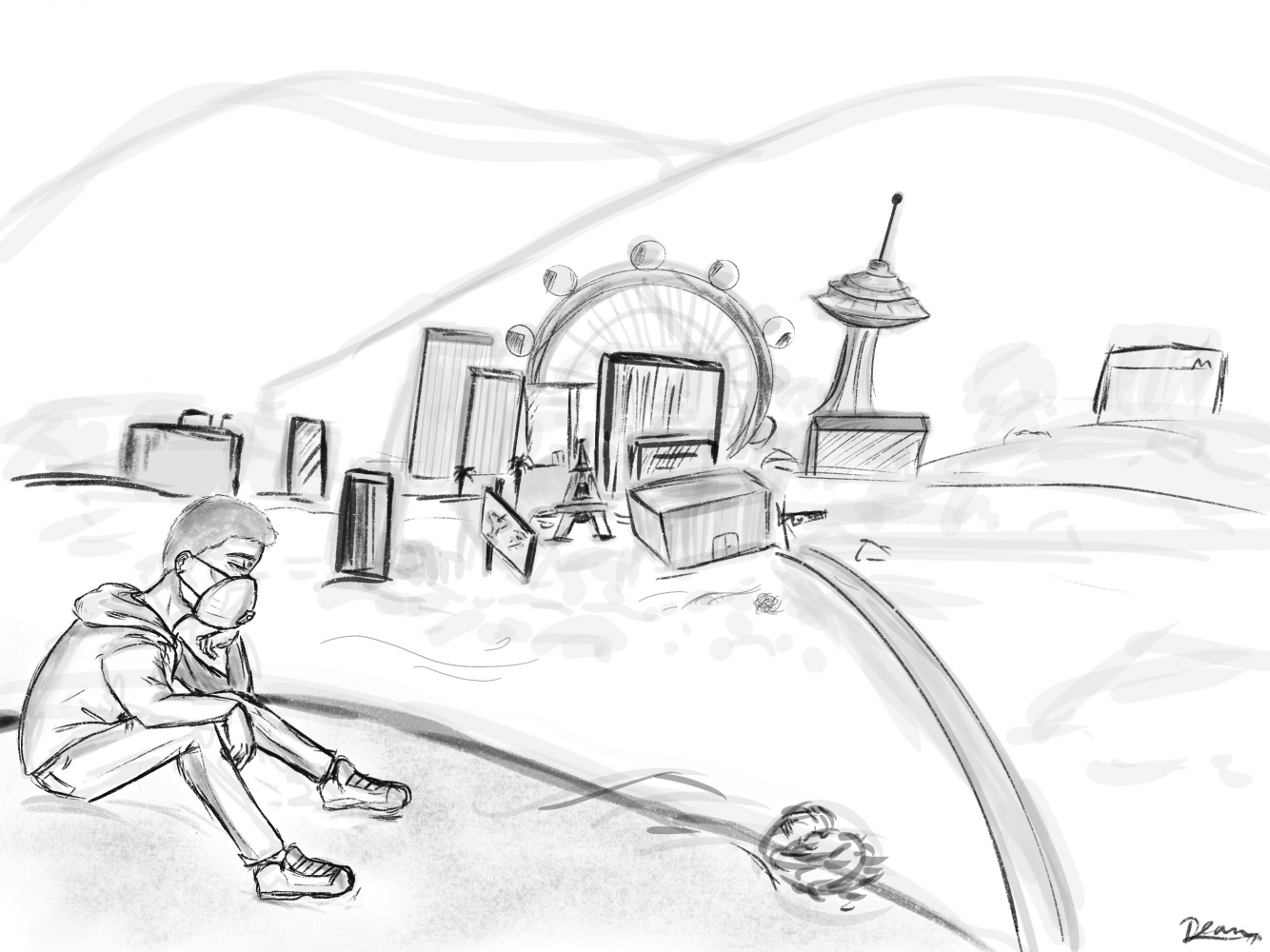





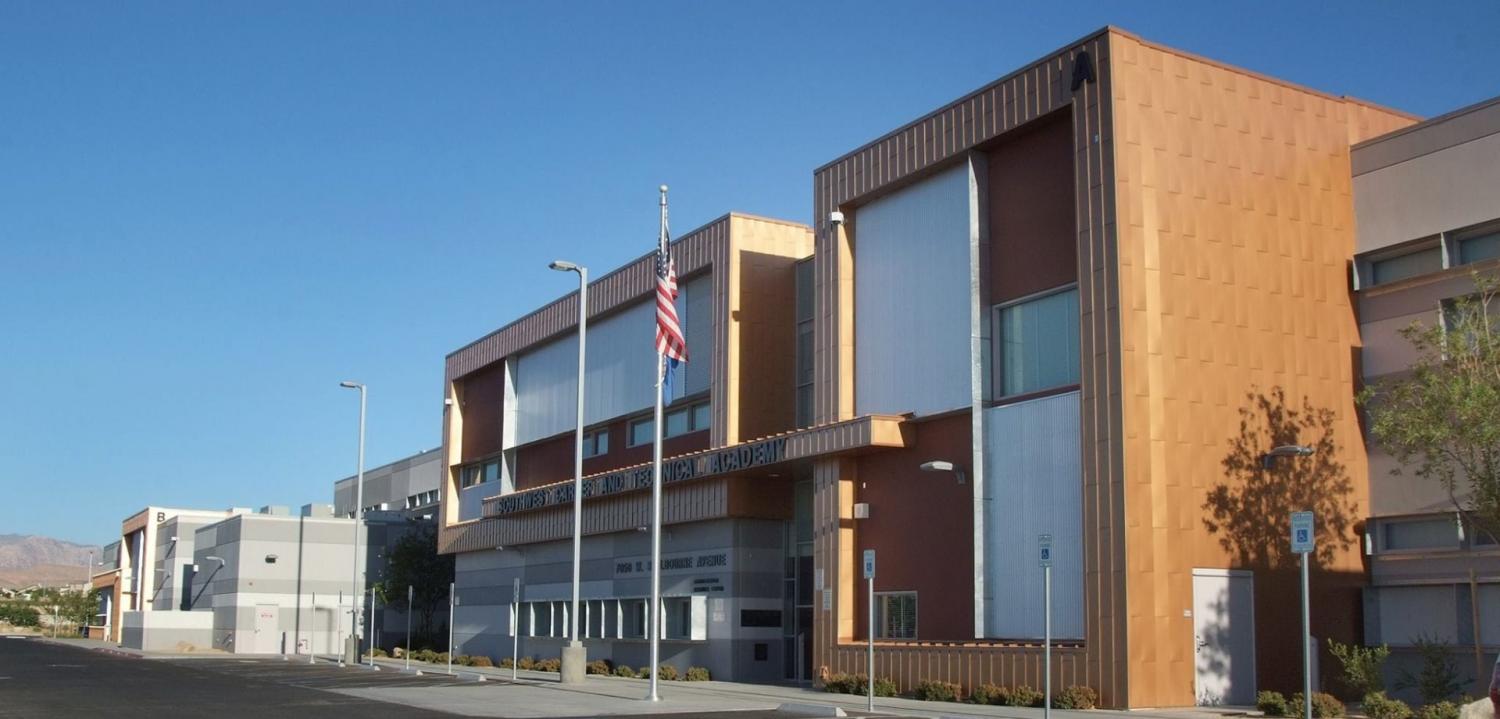
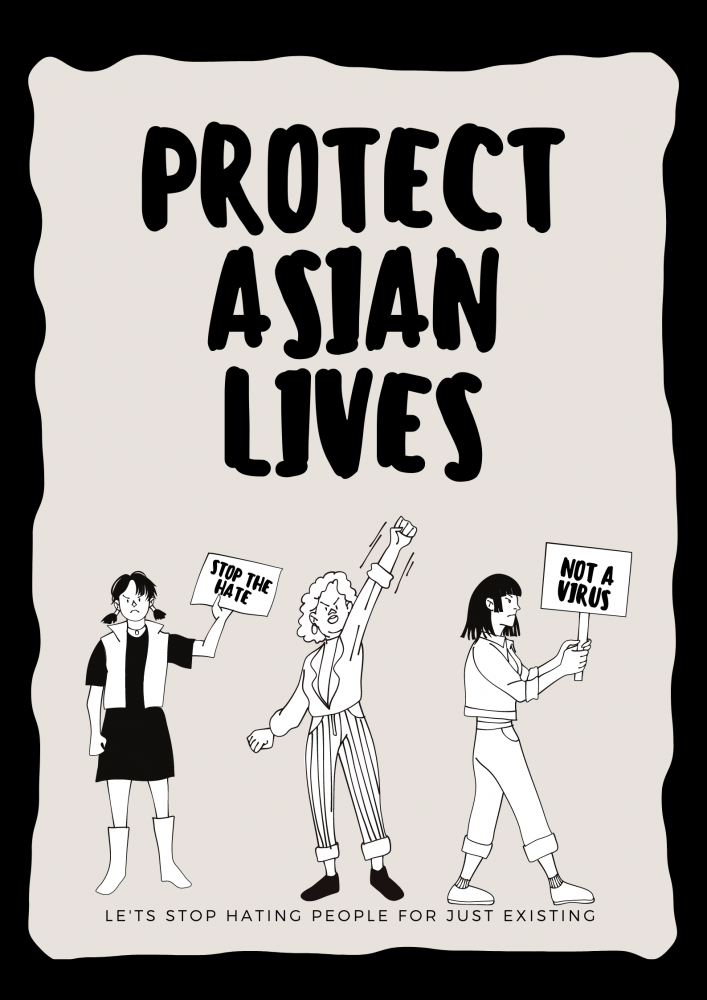


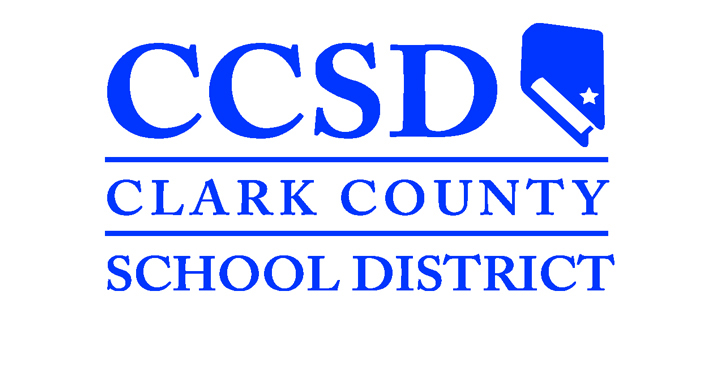

![Weighing her options, senior Allyana Abao decides between going on a practice drive or calling an Uber. Though unlicensed, Abao has considered driving to be a significant milestone of teen independence despite alternatives that provide much easier solutions.
“You're able to be independent and not rely on others,” Abao said. “You're able to get a job, get things that you need, go places you need to go. I have so many places that I want to go to and I ask [my family] for so much. I want to be independent to where they know that I can do things on my own, so they know that they don't have to be there for me.”](https://southwestshadow.com/wp-content/uploads/2025/10/IMG_2922-1200x900.jpg)
![Looking at the board, former BSU secretary Christina Altaye begins to prepare for BSU’s second year of Club Feud. This year, “Are You Smarter Than a Ninth Grader?” will be replacing this event. “I think it’s a fun change [to Club Feud],” BSU Activities Director Hellen Beyene said. “[I think] it’s always fun to do something new and different.”](https://southwestshadow.com/wp-content/uploads/2025/10/Screenshot-2025-09-29-11.06.43.png)
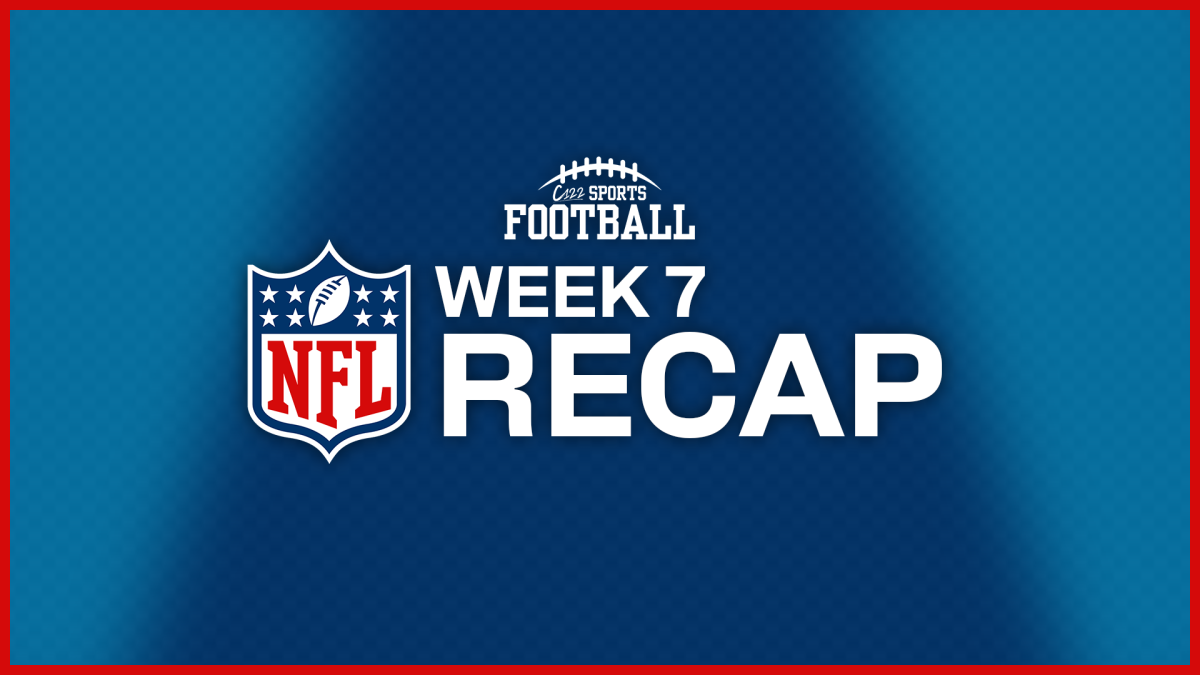
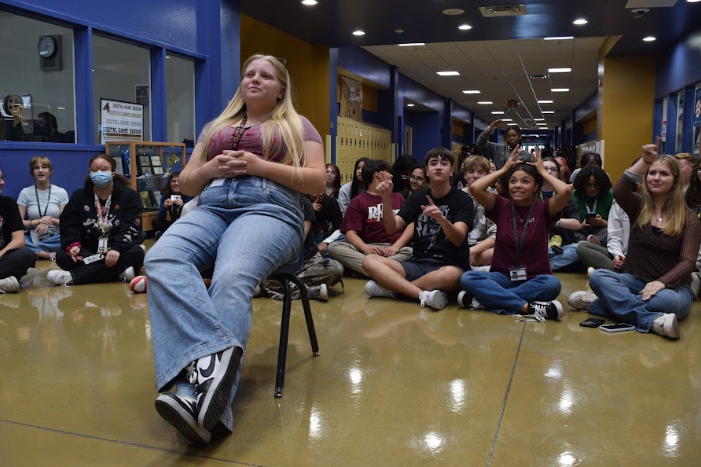
!["I will be attending Trunk or Treat [for FCCLA]" junior Crystal Li said. "We're gonna use Mr. Harbeson's car, and we will be [hosting three different activities]."](https://southwestshadow.com/wp-content/uploads/2025/10/IMG_0980-1200x900.png)


![Grabbing her phone to take a photo, sophomore Vanessa Ta sits down on a bed and takes a couple photos to post on her social media. “I just really [feel] that my favorite cosplayer is everyone lowkey, because I get to see people’s creativity,” Ta said. “I get to see how skilled and talented they are.”](https://southwestshadow.com/wp-content/uploads/2025/10/55A1FC60-BE63-4F24-9B78-65194336319E-e1760926431267.jpg)
![In his fifth period World History class, Thur works with his students individually, helping them as they sort through notes and assorted historical documents. “I’m always willing to try something new,” Thur said. “Some of my best ideas that I’ve received over the years are from students. This year I’m trying out stations for the first time and kids are rotating through and it’s working. Well, some things are [working], I’ve still got to work out the kinks with it. The kids change, why shouldn’t I change too?”](https://southwestshadow.com/wp-content/uploads/2025/10/IMG_8991-1200x800.jpg)
![Fast food has not stayed the same principle of “sit down, order, and get food,” but has turned into a process with multiple layers and complexity. This is largely due to the integration of automation in every aspect of dining. “I'm not that knowledgeable on it, but I've seen videos on TikTok, I'm not really concerned—it doesn’t seem that smart,” senior Dallas Evertt said. “When [some people are just ordering] 18,000 water cups, it sounds really dumb. There was no way [the AI] was gonna put down 18,000 water cups—and that just shows how it’s not going to take anybody’s job soon.”](https://southwestshadow.com/wp-content/uploads/2025/10/Dominante-Image-1200x675.png)
![Squaring up to a practice dummy, sophomore Cypher Andres prepares to throw a punch. Dummies are regularly used to help him prepare certain hits to take his opponents down. “[Boxing dummies help me practice] because it’s basically a model of the body,” Andres said. “It helps with accuracy, such as pressure points behind the ear, and a clean liver shot can end the fight.”](https://southwestshadow.com/wp-content/uploads/2025/10/IMG_5728-e1759850486200-1200x864.jpg)
![Swaying and preparing to toss the tennis ball, Dylan Grove practices serving. Grove had been training in preparation for her upcoming matches against Chaparral and Doral Red Rock. “[Both teams are] both very tough opponents, but I am ready for whatever gets thrown my way,” Grove said.](https://southwestshadow.com/wp-content/uploads/2025/10/image-1200x900.png)